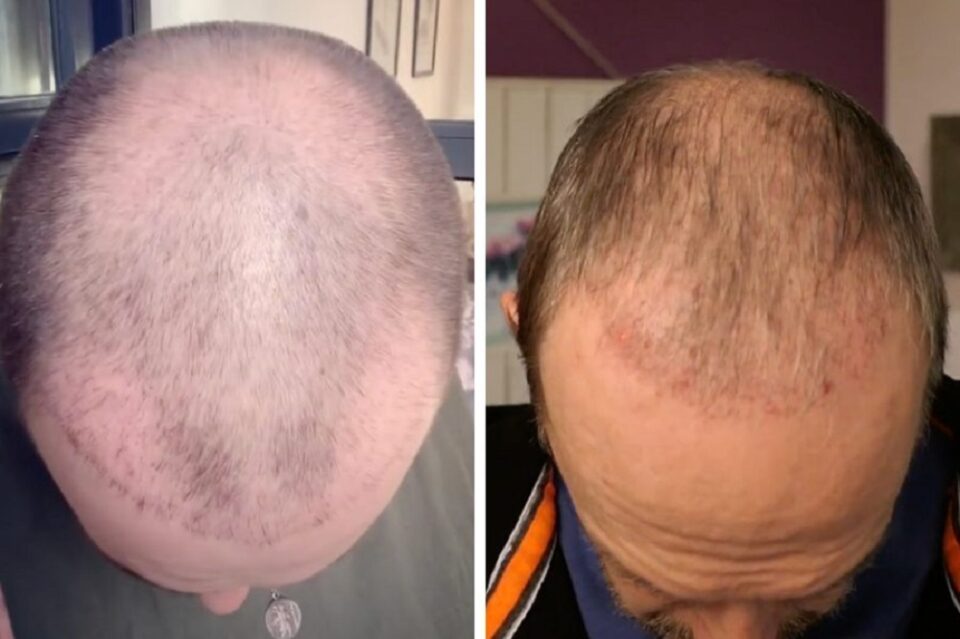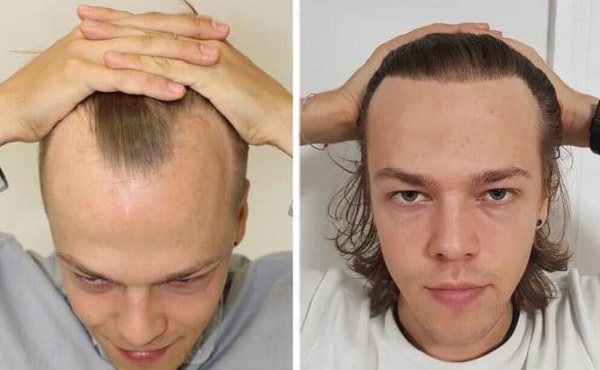Are you considering a hair transplant in Melbourne and wondering about the long-term results? You’re not alone! Many people seek hair transplants as a solution to thinning hair or bald spots. But, just like planting a garden, ensuring the health and growth of your new “hair” requires some care and attention. In this article, we’ll explore what you can expect from hair transplant in Melbourne and how to keep your new hair thriving.
Understanding Hair Transplants
Hair transplants are a popular solution for those struggling with hair loss. The procedure involves moving hair follicles from one part of your body (usually the back of your head) to areas where hair is thinning or missing. Think of it as relocating a garden patch from a flourishing area to a barren one.
The Procedure: What to Expect
Before you embark on your hair transplant journey in Melbourne, it’s essential to understand the procedure. Typically, the process involves either Follicular Unit Extraction (FUE) or Follicular Unit Transplantation (FUT). During FUE, individual follicles are extracted and implanted, while FUT involves removing a strip of scalp and dividing it into follicular units. Both methods aim to provide natural-looking results.
Short-Term Results After the Procedure
In the days and weeks following your hair transplant, your scalp will likely feel tender. You might notice some swelling or redness, which is normal. Initially, the transplanted hair may fall out—don’t panic! This shedding is part of the natural process as the follicles prepare to grow new hair.
Long-Term Results of Hair Transplants
Hair Growth: Most patients begin to see new hair growth within 3 to 6 months. By one year, you should see significant improvements. Think of it like watching a seed slowly transform into a plant.
Permanent Results: The hair transplanted is usually permanent. It’s taken from a part of the scalp where hair is genetically resistant to balding, so it should continue to grow for a lifetime.
Quality of Hair: Over time, your new hair will blend in with your existing hair, giving you a natural look. The thickness and density might vary, but the overall appearance should be pleasing.
How to Maintain Your New Hair Growth
Regular Scalp Care: Keeping your scalp clean and well-moisturized is crucial. Use gentle shampoos and conditioners that are suitable for your hair type.
Avoiding Harsh Chemicals: Refrain from using hair products that contain harsh chemicals. These can damage your hair and scalp.
Protecting Your Hair: Avoid excessive sun exposure and wear hats or use sunscreen to protect your scalp from harmful UV rays.
Diet and Lifestyle Adjustments
A balanced diet rich in vitamins and minerals is essential for healthy hair growth. Include foods like leafy greens, nuts, and fish in your diet. Staying hydrated also promotes healthy hair.
Regular Scalp Care and Maintenance
Routine scalp massages can increase blood circulation and encourage hair growth. Additionally, consider using topical treatments recommended by your hair specialist to keep your scalp healthy.
Avoiding Common Mistakes
Steer clear of frequent hair coloring or styling that may stress your hair. Also, avoid tight hairstyles that can pull on your hair follicles.
The Role of Follow-Up Appointments
Regular follow-up appointments with your hair transplant specialist are essential. They will monitor your progress, provide professional advice, and address any concerns you may have.
Understanding Hair Loss Patterns
Understanding your hair loss pattern can help manage expectations and guide your treatment options. Consult with your specialist to understand the cause and plan appropriate interventions.
FAQs
- How long does it take to see results from a hair transplant?
Results typically begin to appear within 3 to 6 months, with full results visible after about a year.
- Are hair transplants in Melbourne permanent?
Yes, the transplanted hair is usually permanent and grows like your natural hair.
- What should I avoid after a hair transplant?
Avoid harsh hair products, excessive sun exposure, and tight hairstyles.
- How often should I have follow-up appointments?
Regular follow-ups, typically every few months, are important to monitor progress and ensure everything is on track.
- Can diet affect hair growth after a transplant?
Yes, a balanced diet rich in vitamins and minerals supports healthy hair growth.
Conclusion
Hair transplants in Melbourne offer a promising solution for those struggling with hair loss. By understanding what to expect and how to maintain your new hair, you can ensure the best possible results. Remember, consistency in care and regular consultations with your cosmetic clinic are key to enjoying a full head of healthy hair.


